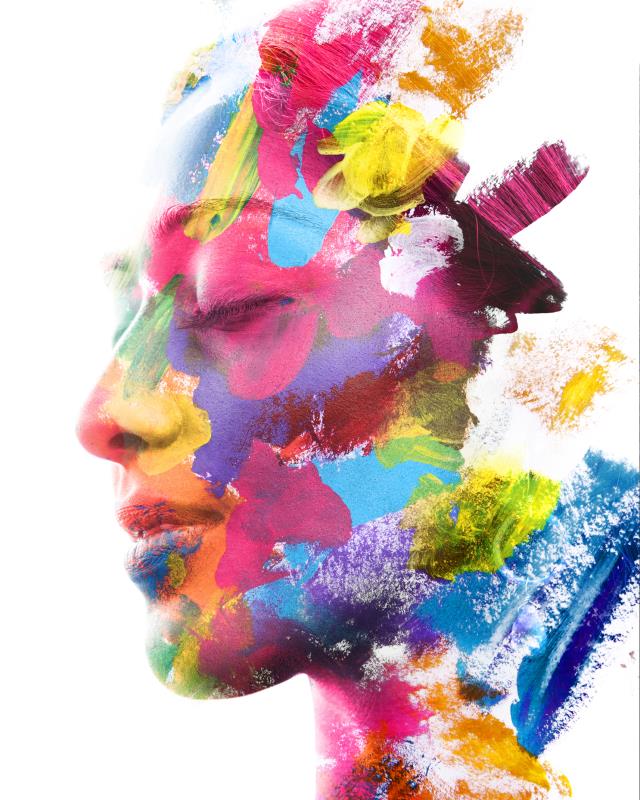
Art therapy in the forms of colouring or art-making in open studio can emotionally benefit caregivers of cancer patients, even in a single art session as brief as 45 minutes, a study shows.
“Families of cancer patients experience emotional trauma around the diagnosis, stress of treatment, financial concern, among others,” said lead author Dr Girija Kaimal from the Drexel University College of Nursing and Health Professions in Philadelphia, Pennsylvania, US.
“While addressing their needs understandably comes second to the patient's needs, the stressors families experience often go unaddressed,” she said, noting that this occurs in spite of the fact that addressing the psychosocial needs of family caregivers and oncology professionals can improve patient outcomes.
In the mixed-methods study, 34 professional and informal caregivers attended a single 45-minute session of colouring or open-studio art therapy, facilitated by trained art therapists. [Eur J Oncol Nurs 2019;42:153-161]
After the intervention, participants in both groups reported improvements from baseline across all psychological measures, including perceived stress, positive and negative affects, and creative agency (p<0.001 for all).
The levels of anxiety (p=0.002), self-efficacy (p=0.015), and burnout (p=0.041) were also improved after the art therapy, although the latter two measures did not meet the p-value threshold of 0.006 for establishing significance.
“Participants with prior artmaking experience [not skill] were found, generally, to benefit more [than those with none], indicating potentially improved outcomes with sustained practice and longer interventions,” observed Kaimal and co-authors.
Qualitatively, participants expressed feelings of enjoyment, relaxation, and a shift of focus away from stressors — which mirrored the quantitative findings above on improved positive affect and decreased anxiety, stress, and burnout.
On the other hand, the two forms of art therapies also brought about distinct experiences within the participants. While the colouring group reported an improved focus, the open-studio group experienced a freedom of expression and appreciated the support gained from the session.
“It appears that in these chronically stressed populations, the quiet reflective time provided in the studio was a possible respite from the stresses of caregiving,” the researchers suggested. “Both arts approaches could be simulating aspects of mindfulness interventions in bringing the participants’ focus onto the ‘present moment’ in a space and activity separate from their caregiving worries and concerns.”
“These results show the importance of treating the mind as well as the body of cancer patients, and it is further evidence that we’re on the right track as we continue our push toward a more holistic approach to cancer therapies,” said senior co-author Dr William Levin from the Perelman Center for Advanced Medicine at the University of Pennsylvania in Philadelphia, Pennsylvania, US.
As the study included only a small sample size, the researchers recommended further larger studies to validate the results and to investigate the duration of intervention needed to support the well-being of caregivers facing chronic stress.
“We recommend that oncology units have similar, dedicated studio spaces with therapeutic support and different forms of art-making available to meet individual caregiver needs,” Kamal said.